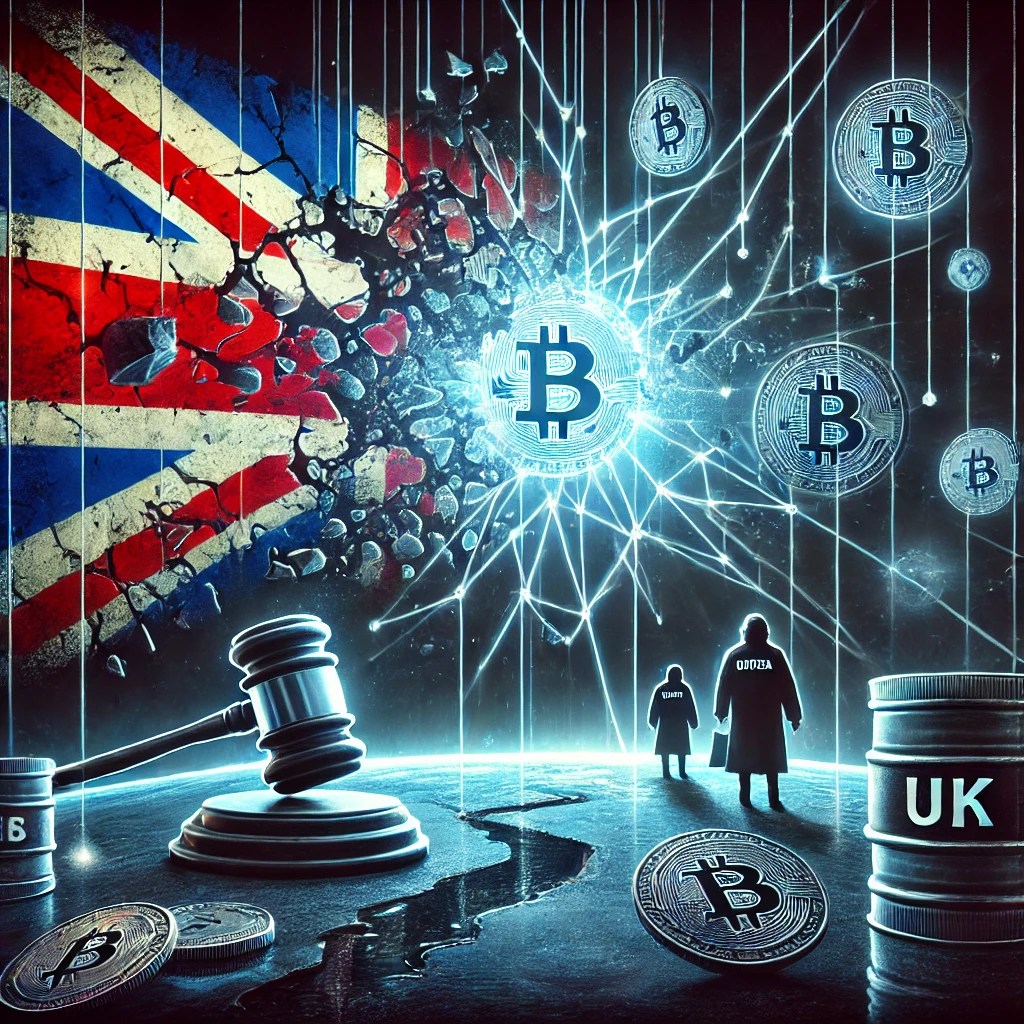Trusted Editorial content, reviewed by leading industry experts and seasoned editors. Ad Disclosure
Russia’s Ministry of Finance wants to open the door wider for citizens to take part in crypto trading, calling for lower entry requirements that currently limit participation to the country’s wealthiest individuals.
Russia Wants Broader Crypto Participation
Finance Ministry official Alexey Yakovlev said the government must reduce income and asset thresholds for those who want to join the Central Bank’s experimental crypto trading program, RBC and Interfax have reported.
At present, only investors with deposits and securities worth over 100 million rubles ($1.22 million) or an annual income exceeding 50 million rubles ($615,755) can take part.
Those numbers place crypto access far beyond the reach of ordinary Russians, whose average monthly salary falls between $700 and $1,200.
Yakovlev argued that keeping eligibility this high makes little sense if the country wants its supervised crypto pilot to succeed.
A History Of Disagreement
The Ministry of Finance and the Central Bank have been at odds for years on how Russia should handle crypto. While the ministry has pushed for regulation and taxation, the Central Bank has preferred strict controls, including calls to ban trading altogether.
Total crypto market cap currently at $3.8 trillion. Chart: TradingView
That divide narrowed last year when Russian President Vladimir Putin ordered both sides to find common ground. Putin has also urged Russian regions with unused energy reserves to engage in crypto mining, tying the sector’s future to the country’s broader economic strategy.
Testing Ground Before Permanent Rules
The Central Bank introduced what it calls an experimental legal governance, designed as a sandbox for companies to use crypto in cross-border deals. It also provides a controlled space where qualified investors can buy and sell crypto under official oversight.
The ministry now wants the ELR to get more people involved before the program ends. Current plans limit the sandbox to three years, after which permanent regulations are expected.
Tokenization Plans On The Table
The Ministry of Finance also sees the pilot as an opportunity to expand tokenized assets in Russia. Yakovlev mentioned that companies could be allowed to release coins backed by real-world assets, intellectual property, and corporate rights in limited liability firms. He added that smart contract technology could give investors more tools and flexibility.
While the Central Bank continues to argue that average citizens must be protected from the risks of crypto trading, its stance is losing ground.
The Moscow Exchange now offers investors access to securities tied to overseas crypto ETFs, and some commercial banks have started looking at derivatives and other crypto-related products.
Featured image from Unsplash, chart from TradingView
Editorial Process for bitcoinist is centered on delivering thoroughly researched, accurate, and unbiased content. We uphold strict sourcing standards, and each page undergoes diligent review by our team of top technology experts and seasoned editors. This process ensures the integrity, relevance, and value of our content for our readers.


